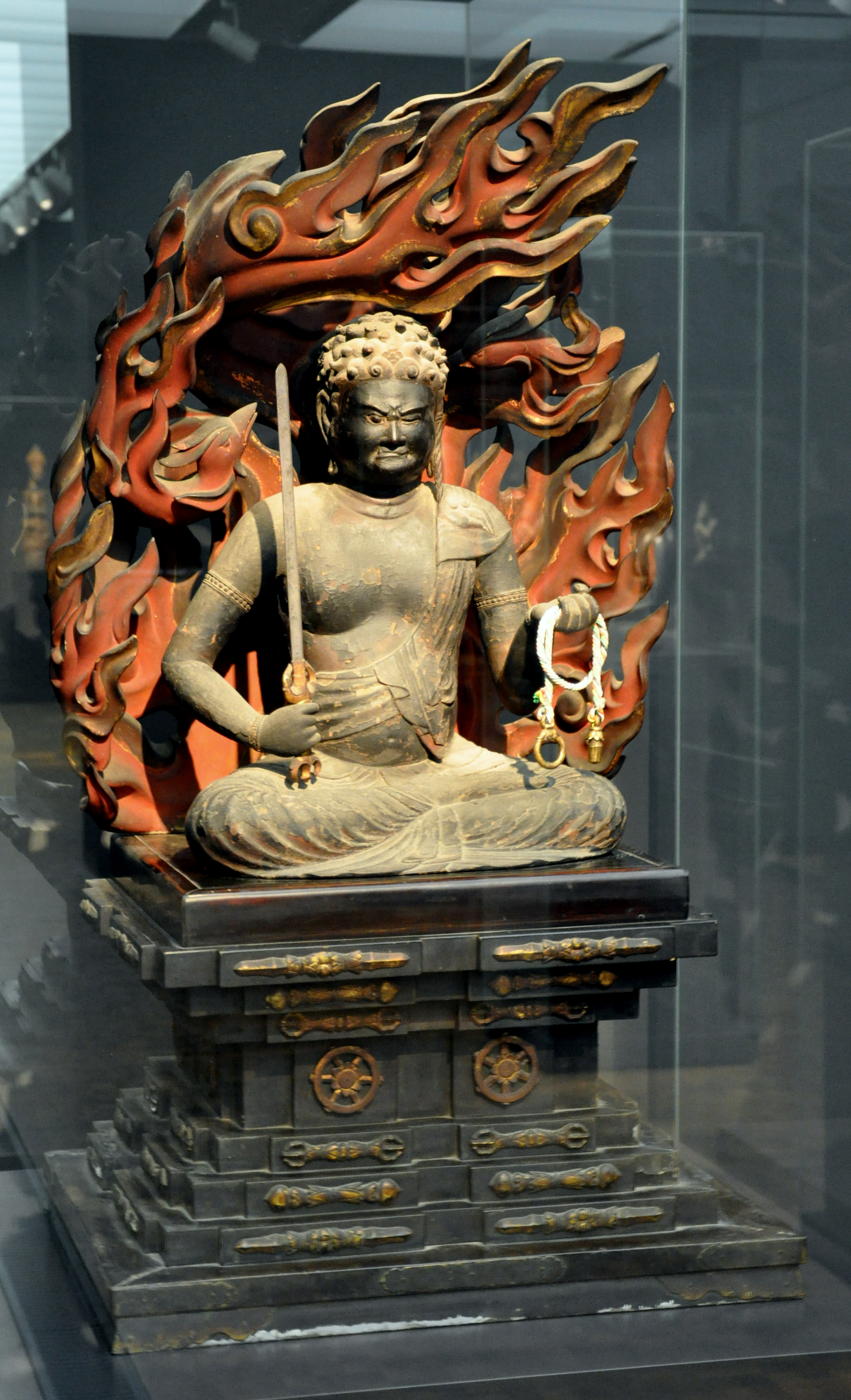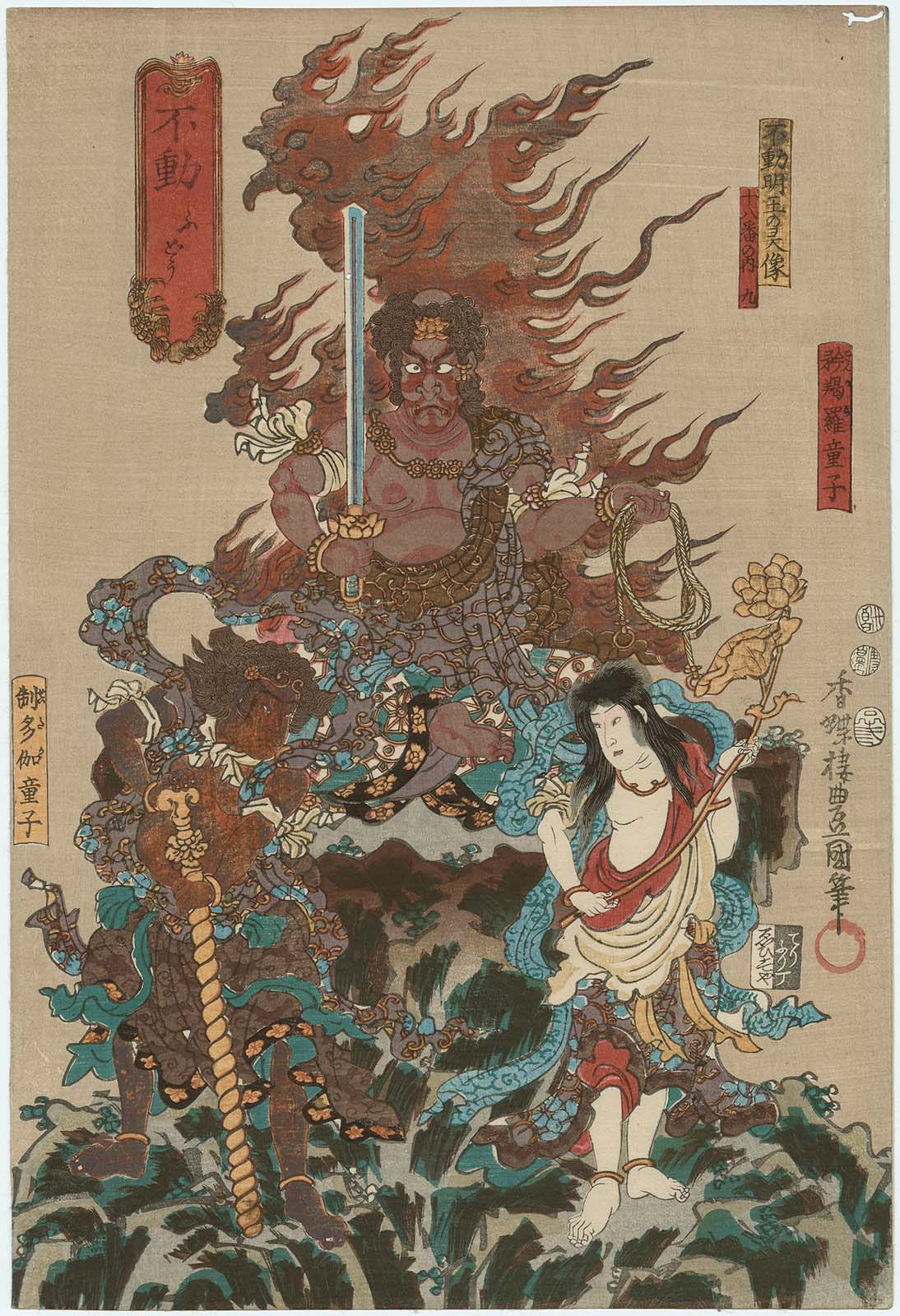
If the Martial Arts are really the positive, empowering activities we claim them to be, they have to be a vehicle for mental as well as physical growth. This means by necessity that they should help us to focus on, and deal with reality, an essential part of which is the fact that we are all vulnerable, weather it is in a fight the workplace or a relationship. It is because of this vulnerability that we need to develop the martial attitude, and as martial artists we should be acknowledging and confronting our fears and weaknesses every day. In the real world there is no well-crafted script that guarantees our continued security and success, the fact that we can lose is our greatest challenge, you can make it the source of your strength or the cause of your weakness. The choice is yours. I read this in Fighting Arts International in the early 1990s, I thought it well worth keeping.
Originally I thought that I wanted to understand violence, however now I understand that violence is a word that is overused when trying to describe the emotional state response we use to express outwardly when things may not be going our way and when we become angry. This is not to say that all people use or experience violence in the same way, some use violence in a calculating way, as a tool to intimidate, some use violence out of frustration and anger, some sports can have violent actions, for example rugby, wrestling, boxing, all can have a violent action.
However the violence that I was trying to understand is the violence that happens when people decide that they have a negative feeling towards each other. What I didn't originally understand is that violence is just one of the words we use when trying to describe part of the resulting effect of negativity between two opposing elements.
Now I have to look at what and why we decide to use violence to get our way, when involved in an argument or what started as a debate that is not going our way. The level of tone is raised then we start shouting and if we don't keep this in check other actions develop.
Aggression is an active energy, it is from the Latin aggredi – to attack, so where do we go from here? Well I suppose it would be best if we didn't let the situation get this far, and the key I think is awareness, or if you like, being mind full and I don't mean sitting on a Yoga mat with your head up your arse. See what I did there I used an aggressive word to enforce a point Ha! Anyway as I was saying, awareness and mind- fullness are interchangeable, it helps to become more self-aware, understanding our own state of mind, and our own disposition, before looking and or reflecting on others, when we understand what gets our goat or puts us in an un balanced frame of mind, we can perhaps understand what it is that we may project on others that makes them un at ease.
Some people have learned that negativity and aggression can get them what they want, ether for attention or having dominance over others, a feeling of power or control.
Some people don't understand that they have an un sympathetic attitude towards certain situations, such as when we feel low in spirit and we are not as enthusiastic about participating in communal or group activity, may be because of depression, when someone well meaning tries to get you involved it can often instigate an aggressive feeling through their actions.
Being aware and looking at the signs, listening, asking the right questions, and drawing the right conclusions is a SKILL based mostly on self-reflection and what we call common sense. Unfortunately common sense is NOT COMMON, something that I have come to realise is that it is often the uncommon sense that makes a difference.
All the aforementioned are IN YOUR FACE! Emotional responses or actions that people use for a variety of reasons, the list can be as long as your arm, control, frustration, or for emotional or physical gain, to show displeasure, to vent pent up feelings, out of a depressive state from being under the influence of un inhibiting substances, or just feeling unreasonable, or that they are wired up the wrong way!
Each form, or manifestation of the above has its own time line and it can be how we see, or where we become involved in that time line that will affect our prospective and possibly the level of negative response we are subjected to.
Having a discerning shrewd judgement of a situation comes from experience, but good training helps.
Being aware of self, environment, and others around you, being observant generally, and not ignoring your gut feelings or intuition.

There is a lot of information to process.
One of the problems with dealing with a violent or potentially violent situations could be that because of our own internal feelings when a situation arises, we use the wrong strategy for the wrong situation, and perhaps end up escalating the situation, especially if we are faced with a very violent situation and have miss read the pre-violent information in the time line, FROM THE FUSE BEING LIT TO THE EXPLOSION.
Violence and aggression are in all of us, its hard wired into all Human beings, you may not agree but its true, from the prehistoric to modern man, unfortunately most of us don't seem to want to learn how to use less violence, or learn to be self-aware enough to know when it starts to surface, it can be like a drug injected into your system by the adrenalin dump, fight or flight, even in children we can see evidence of the potential for violence, when a child has a flood of cortisol, clenching there fists, stamping their feet and screaming, before lashing out at the nearest thing to them, we often refer this to being the terrible two's.
Images of violence are all around us, our kids are brought up looking at super heroes on TV, video games cartoons, violence being streamed into our homes and lives 24/7, and we love it, we soak it up we buy the DVD so we can watch it over and over, James Bond, Kill Bill the list goes on.
The media informs us that people kill and maim each other every day, we watch the great god that sits in the corner of our living rooms reporting on a war or some other violent act.
As I have said violence is in all of us, and no matter how much you may disagree, take time to listen to your-self and just make a mental note of how many times you have thought (you twat) when someone cuts you up, or lets a door go in your face, you might just smile and get on with your day, you may not openly show aggression, but you know that some people can push your buttons, you may think that you could never harm another human being, but I would say it just depends on your situation, even a pacifist feels anger towards what they consider un just actions.
Among the many feelings that we experience anger is one of the most complex, anger is a powerful emotion, it gets peoples attention and it can mobilize us to deal with problem situations, on the other hand anger can be a disruptive and destructive force.
One age old suggestion is to hold your breath and count to ten, but this can be like putting a lid on a pot of boiling water
Anger management isn't about suppressing your anger, keeping a lid on it, or pretending that it does not exist and avoiding the problem or situation that has triggered you to become angry.
What anger management does mean is knowing how to prevent and regulate anger, it means learning what makes you angry, and perhaps then not getting angry in the first place, and knowing how to take constructive action to resolve problems and conflicts.
In order to control and regulate anger we must first understand it!
Anger is a feeling an emotion, it is different from aggression, which is an action that is intended to cause injury or harm or damage, being angry is not the same as being aggressive or violent.
However, anger can lead to aggression, feelings are different from actions.
Do you see what I mean when we come upon a situation, it depends where along the time line we intervene between anger becoming aggression or violence.
Anger is a feeling that we are entitled to. Aggression is an action that causes harm. Anger is not caused by external events themselves! It is caused by our thoughts about those events, sometimes thoughts about past events can make us mad all over again.
We get angry about things that we pay attention to, this doesn't mean that the remedy for anger is not to pay attention to anything that goes wrong, it means that anger is a matter of attentional focus.
By learning how to shift our attention away from things that don't really matter you can avoid anger.
Our expectations about the way things should be or ought to be can also lead to anger, when expectations of yourself or others are set very high or are unrealistic you set yourself up for anger experiences.
There is nothing wrong with having high standards for yourself and others, the important thing is that your expectations are realistic and flexible. We have to learn to adjust our expectations according to the situation.
Another way our expectations lead to anger is when we expect negative things to happen we create a self-fulfilling prophecy, this is a form of looking for trouble, when you are mentally geared for something unpleasant, certain behaviours stick out and register in your mind more quickly, this may affect your appraisal or judgment of a situation.
It is not the event that makes you angry but what it means to you. How we interpret what has happened, the situation determines if we get angry or not, a frequent cause of anger is being too quick to take it personally, for example if you have to wait to get served you think you are being ignored.
Learning how to see things from an alternative point of view is a central part of anger control, ITS NOT ALWAYS EASY.

A way our thinking influences how we feel is through the things we say to ourselves our inner-dialogue.
This is an expression of our thoughts, what we say to our self often follows the things we feel. When we are angry, our inner dialogue plays an important part in shaping our emotion. For example, I'm going to tell that fucker what I think of him! Fuck this I have had enough, Its the same old bullshit, These self statements add fuel to the fire, and they have a major role in prolonging anger after an incident is over.
Depending on how we learn to think about or view a situation our inner dialogue can have a negative or a positive affect on our action.
We can learn to bring our emotional state under control when we learn to talk to our self in a reasonable way, and help us to cope more effectively.